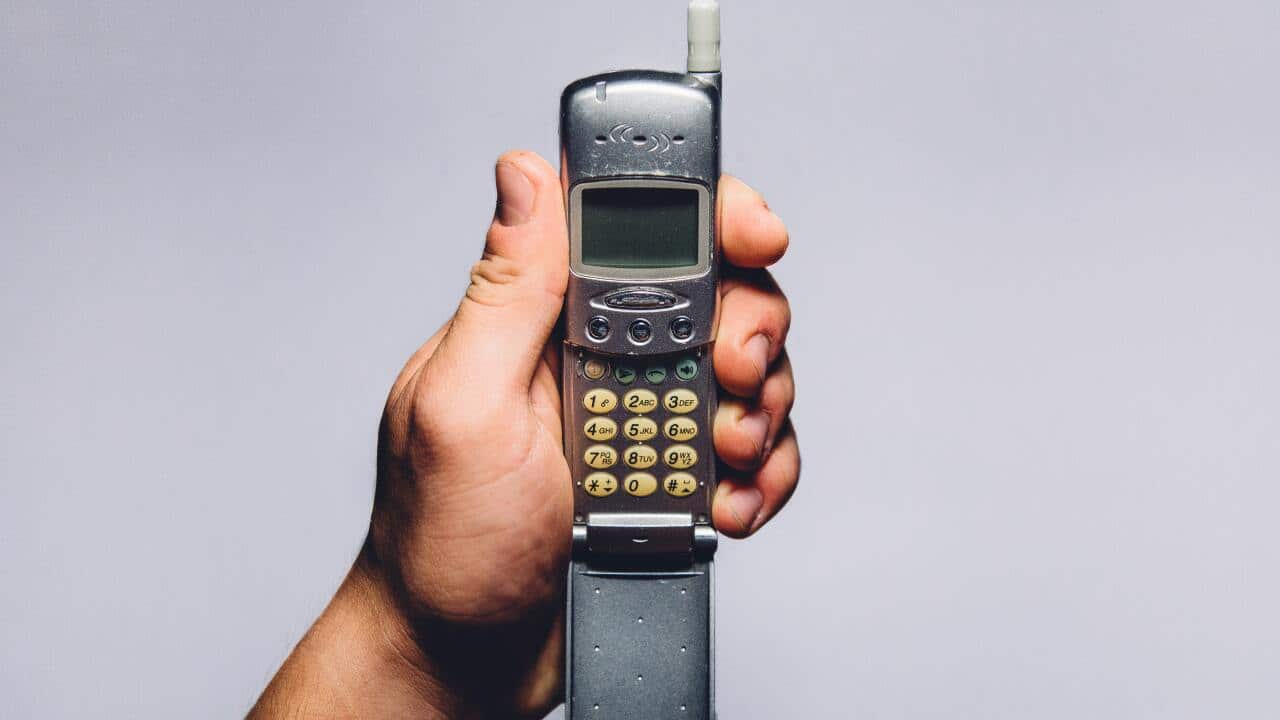When conflict broke out in China during the 1930s, tens of millions of people fled to other parts of the country and overseas to seek refuge. A similar scenario occurred decades later following the Vietnam War.
The family of Sydney woman Cindy Tan found sanctuary in Australia during the 1980s, after escaping the horrors of both conflicts consecutively.
Her grandmother Minh Cao was born in the Fujian province of southeast China in 1933 and sold to another family as a child.
Being one of the two children, her brother one day located her in the market and decided to buy her back.
However, when the second Sino-Japanese War broke out in their region of China in 1937, the family scattered in various directions to avoid harm.

Some of her siblings travelled to Burma to seek refuge, while she and her brother fled to Vietnam and settled in Saigon, modern-day Ho Chi Minh City, where large Chinese communities already existed.
Cindy’s grandmother spent her formative years in the southern Vietnamese city and eventually opened a coffee shop with her husband to support the family.
Despite being born and raised in Vietnam, Cindy’s mother Karen Tan attended Chinese school, where she learnt to speak Mandarin, Cantonese and Hokkien.

It seemed that the family was destined to remain in their new home forever, but war again broke them apart.
The takeover of South Vietnam by the communist North was completed on April 30, 1975, and signalled the start of a turbulent period for the family.
Cindy recalls that her family didn't directly experience persecution, but were affected by the horrors that spread throughout their neighbourhood where most of the dwellers were Chinese.
"It wasn’t a hard decision to make, but a choice, as most of Chinese living in that neighbourhood chose to seek asylum overseas," Cindy says.
Cindy’s grandmother was forced to send eight of her nine children to Australia to seek asylum. Cindy’s mother was among them.
“The experience she described to me was basically they hopped onto a fishing boat, and the conditions she described were pretty bad,” Cindy says.
“But at that stage, anything is better than having to stay in Vietnam.
“Some were lucky enough to hop on a boat. Others had to escape by foot to the Thai border, which was even more dangerous because you needed to dodge the bullet, and went into the forest to hide.”
Cindy's mother was one of the many “boat people” who settled in the Sydney suburb of Cabramatta during the 1980s. It was in this suburb that Cindy was born.
She says her mother was “lucky” to stay in Australia at the first attempt, while some of her siblings were arrested and sent to jail during their attempts to reach a safer country.

It was an experience that some members of the Vietnamese community didn’t want to be reminded of.
Cindy says she has visited Vietnam more frequently than her mother, as it’s “still hard for her” to return home.
“For many people, it is a very difficult story to tell…and they don’t want to go back to Vietnam.”
Upon visiting the home where her mother had lived in Ho Chi Minh City, Cindy caught a glimpse of the desperate situation that the family had found itself.
“The way history would be told there was going to be different to how history is to be told in my history book back in Australia,” she says.

She says that the silver lining of experiencing such hardship is that her mother is a “resilient woman".
Cindy says her mother was welcomed by Australia, who provided her with accommodation, language classes and meals before she could be out there looking for part-time employment.
But the jobs available to her were limited, and she always worked in factories.
However, Cindy is proud of her mother, saying “she always wants what‘s better for you, and that means education always comes first”.
Her mother couldn’t always assist her with homework due to the language barrier, so the way she supported Cindy was to work hard, and save money for tutoring.
Cindy says that complaints in society that “selective schools are being filled with Asian students” should be seen in a positive light as their parents, who have been through wars or other tragedies, usually push their children to strive towards a better life.
She says this mentality was shared by her mother in Vietnam: “She and my grandma were thinking about future prospects, jobs, securities…they escaped war to look for a better life."
And Australia provided that.





